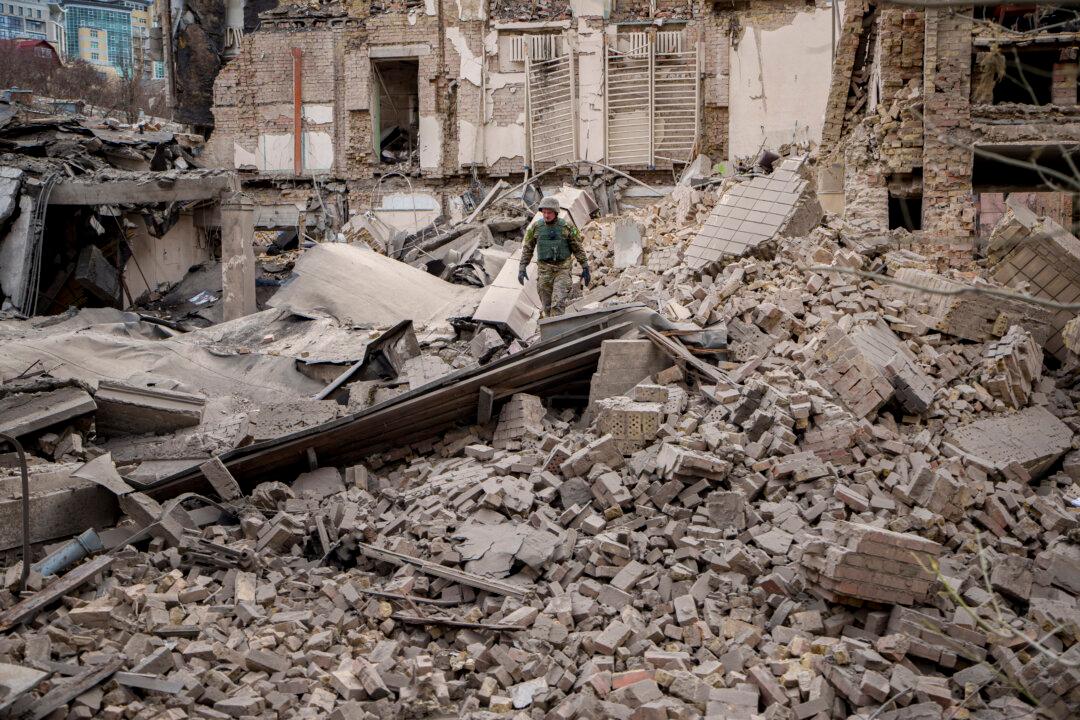Ukraine has replaced the head of its National Security and Defense Council amid stepped-up strikes by Russia following last week’s terrorist attack in Moscow that left scores of Russian concertgoers dead.
On the evening of March 26, Ukrainian President Volodymyr Zelenskyy announced the dismissal of Oleksiy Danilov, who had headed the council since 2019.





